Tests
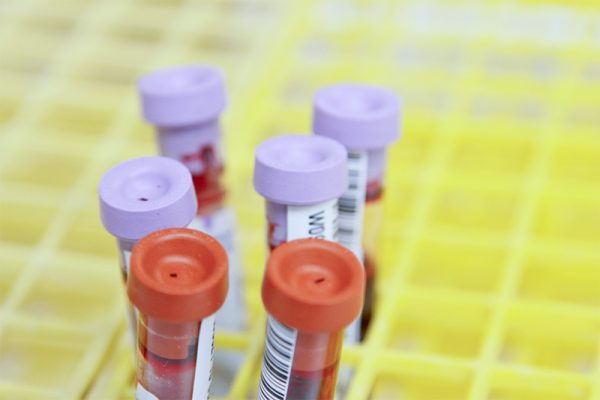
An advanced lipid profile is a test used for the identification of additional risk factors for coronary artery disease that may not be detected on a standard lipid profile, despite a normal result. Early detection of elevated lipid levels can easily be reversed with diet modification and medications. An advanced lipid profile is a successful tool in the detection and management of high cholesterol that can cause serious heart problems.

An arterial Doppler study is a noninvasive, painless study used to assess the blood flow and pressure within the arteries using high frequency sound waves.
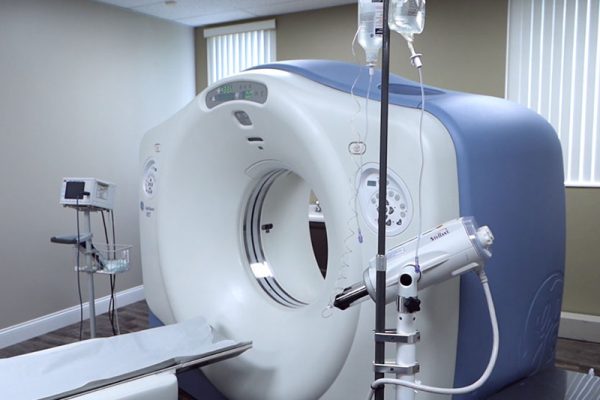
A CT or CTA (Computed Tomography Angiography) is a specialized type of x-ray that is focused on the organs, veins, and arteries of your body. The CTA specifically focuses on detailed images of the arteries and allows the radiologist to see if there is an aneurysm (ballooning of the blood vessel wall), stenosis (narrowing of a blood vessel), or to see if a stent that has been inserted to keep a vessel open is working correctly. This is accomplished by using a special dye that is injected into a vein.

A coronary computed tomography angiogram (CTA) uses advanced CT technology, along with intravenous contrast (ct dye), to obtain high resolution, 3D pictures of the moving heart and its vessels. These images enable physicians to determine whether plaque or calcium deposits are present inside the arteries. CTA is a noninvasive method for detecting blockages in the coronary arteries and can be performed much faster than a cardiac cath, with potentially less risk and discomfort as well as decreased recovery time.
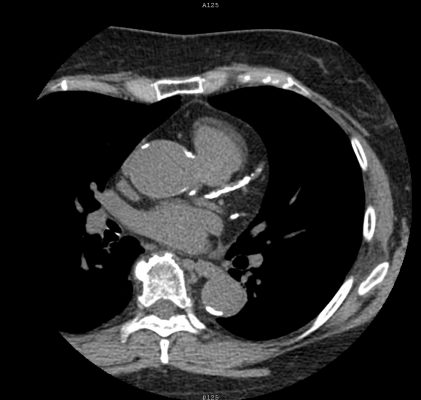
A coronary calcium scan is a specialized CT scan of your heart which enables us to detect the buildup of calcium containing plaque inside the coronary arteries of the heart. The coronary arteries are blood vessels that supply blood to the heart muscle. Plaque buildup inside the coronary arteries are indicative of atherosclerosis.

Computed tomography (CT) is an advanced type of x-ray. It creates detailed images (pictures) of bone and soft tissues such as organs and blood vessels. You can get act done on any part of your body. It can detect fractures, organ damage, cancer, and even something as small as a blood clot.
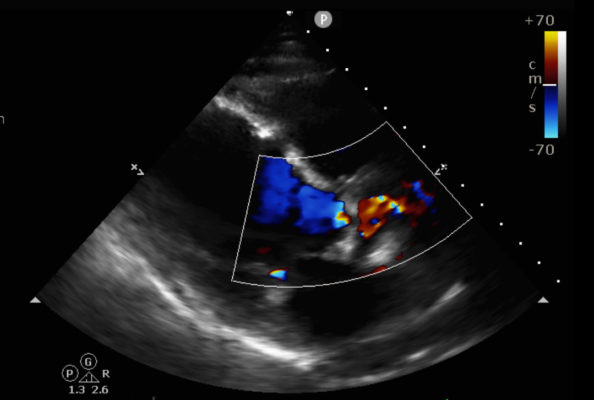
An echocardiogram (ECHO) is a simple diagnostic study used to assess the condition and function of the heart using high frequency waves.
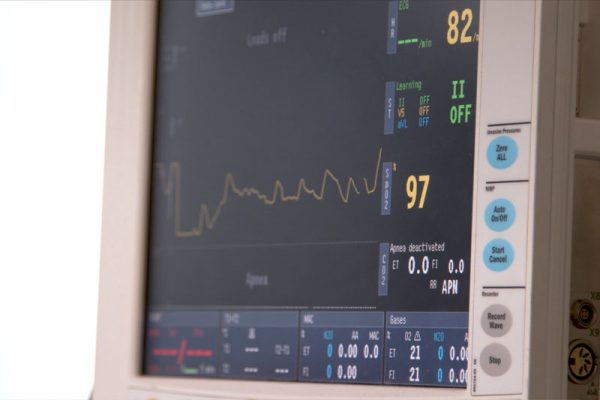
An electrocardiogram is a test that measures the electrical activity of the heartbeat. An electrical impulse, or “wave,” is created and moves through the heart with every beat. The heart muscle is squeezed by these waves pumping blood to the rest of the body. The timing of the top and lower chambers pumping is what is shown on a on an ECG.
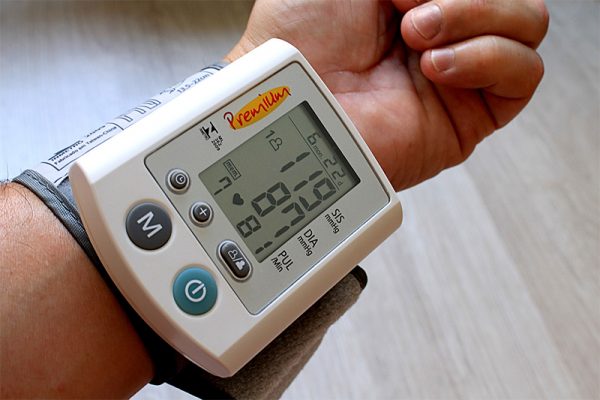
Home blood pressure monitoring is important in the diagnosis and management of high blood pressure (hypertension). Self monitoring helps monitor your blood pressure within a comfortable and familiar setting. This allows your physician and you to know whether your blood pressure is under control or how well your blood pressure medication is working. Home blood pressure monitoring helps in the early prevention of potential health complications.
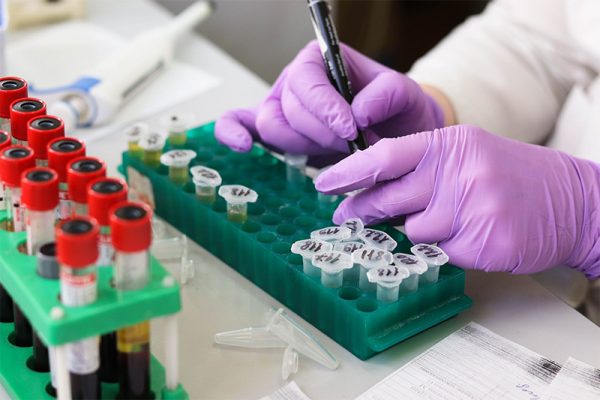
Also known as the Insulin and glucose stimulation test When given sugar, the body produces insulin so that the sugar level can come down again. The sugar is converted in the liver and other parts and stored as fat. In this way, the sugar level in the blood stream comes down. It is important to know how much insulin it takes to bring the sugar level down to normal.
